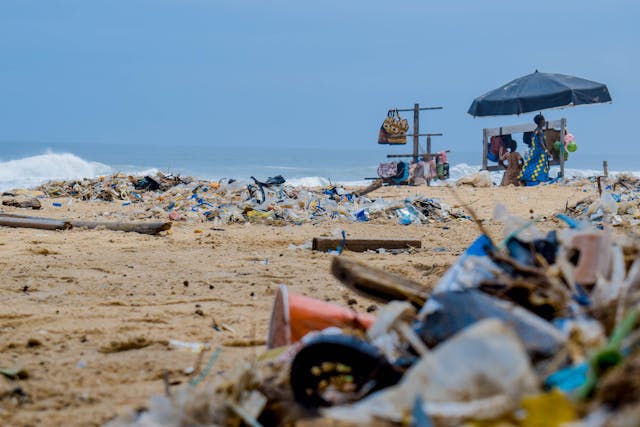“Sustainable travel” is a phrase you’ve probably seen everywhere—on websites, posters, blogs, and even flight ads. It sounds good, doesn’t it? But somewhere along the way, it became a trend more than a truth. Companies started using it like a sticker to attract conscious travellers, even if their actions said otherwise.
So, let’s pause. Strip away the marketing. And go back to what sustainable travel really means. Because it’s not about perfection—it’s about intention.
It’s Not Just About Where You Stay, But How You Show Up
Choosing eco-friendly hotels and homestays is a great start. But sustainability isn’t just about buildings made of mud and bamboo. It’s about the mindset you carry with you. You could stay in a solar-powered retreat and still be unsustainable if you disrespect the culture, waste resources, or treat locals like service staff instead of people.
Sustainable travel starts when you ask yourself: Am I adding value here, or just consuming an experience?
People Matter Just as Much as the Planet
Often, when we talk about sustainability, we focus only on nature—forests, oceans, waste, plastic. And yes, all of that matters deeply. But people are part of the planet too. Their stories, their livelihoods, their traditions—these deserve as much care as coral reefs and clean air.
Buying handmade crafts instead of mass-produced souvenirs, choosing family-run cafés, tipping your local guide fairly—these are all acts of sustainability. Because when travel helps the people who belong to a place, it becomes a force for good.
Less Itinerary, More Presence
Sustainable travel also means slowing down. Not flying across four states in five days just to tick off spots. Not seeing a place only through a camera lens. The earth isn’t here to entertain us—it’s here to teach, to nourish, and to be respected.
When you travel slower, you stay longer, spend more with locals, and form real connections. You create fewer emissions and leave less waste. But more than that, you carry deeper memories. And that, too, is sustainability—the kind that lasts inside you.
Your Waste Doesn’t Disappear Just Because You Do
One of the simplest and strongest ways to travel responsibly is to manage your waste. In many parts of India and the world, waste management is a huge challenge. When travellers bring packaged snacks, plastic bottles, or mini shampoo bottles, they often leave behind a mess that locals are left to deal with.
Carrying your own water bottle, refilling instead of buying, saying no to single-use plastics—these are small steps with a big impact. The goal is simple: Leave the place as you found it—or better.
Ask More Questions
Sustainable travel is also about awareness. Before you book an activity, ask: Who benefits from this? Are the locals involved? Is this harming animals, the environment, or local culture? Not every tour labelled “eco” is truly ethical.
Be curious. Read up. Talk to local people. Listen to their side of the story. Awareness leads to better choices, and better choices shape better journeys.
It’s About Harmony, Not Guilt
Let’s be honest: no travel is 100% sustainable. There will be carbon emissions. There will be moments when we make mistakes. And that’s okay. The goal is not guilt—it’s growth.
When you travel with care, with curiosity, and with compassion, you create harmony. With nature. With people. With yourself.
Sustainable travel isn’t about being perfect. It’s about being mindful.
It’s about walking gently, staying open, and giving more than you take. It’s about seeing the world not as a playground, but as a shared home.
So the next time you plan a trip, forget the buzzwords. Just ask yourself: Am I travelling in a way that respects this place, its people, and its future? If the answer is yes, you’re already on the right path.





